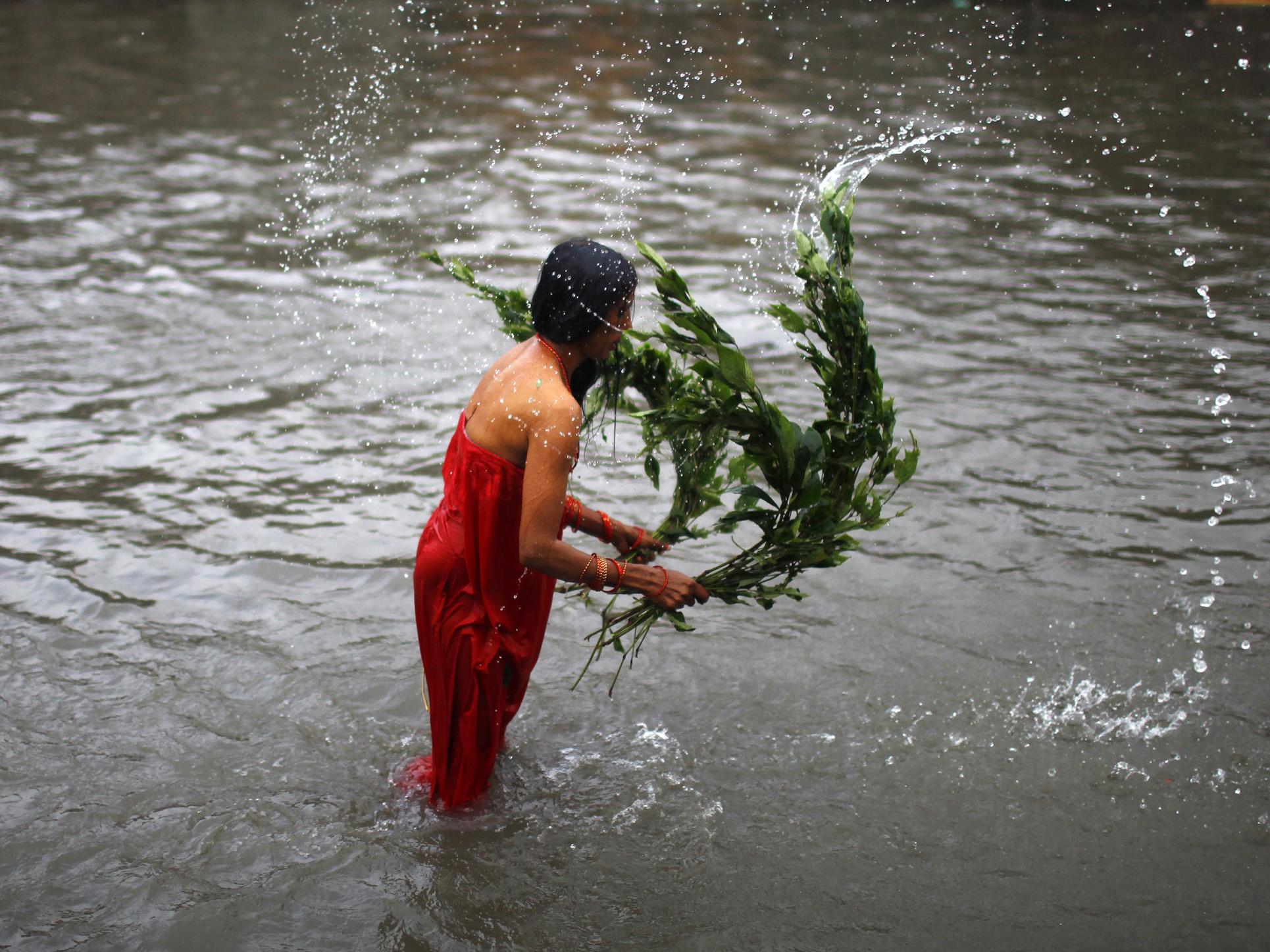Nepal passes law to end practice of exiling women for menstruating
Bill aims to grant greater protections to women, who are often forced to leave their homes and take shelter in cow sheds while having their periods as part of Chhaupadi custom

Your support helps us to tell the story
From reproductive rights to climate change to Big Tech, The Independent is on the ground when the story is developing. Whether it's investigating the financials of Elon Musk's pro-Trump PAC or producing our latest documentary, 'The A Word', which shines a light on the American women fighting for reproductive rights, we know how important it is to parse out the facts from the messaging.
At such a critical moment in US history, we need reporters on the ground. Your donation allows us to keep sending journalists to speak to both sides of the story.
The Independent is trusted by Americans across the entire political spectrum. And unlike many other quality news outlets, we choose not to lock Americans out of our reporting and analysis with paywalls. We believe quality journalism should be available to everyone, paid for by those who can afford it.
Your support makes all the difference.Nepal's parliament has passed a bill toward making women safer by strengthening laws against acid attacks along with the ancient Hindu customs of demanding dowry payments for marriage and exiling women who are menstruating.
The new law goes into effect in August 2018, with violators who force women into exile facing punishments of up to three months in jail or a fine of 3,000 Nepalese rupees, or about $29.
Many menstruating women are still forced to leave their homes and take shelter in unhygienic or insecure huts or cow sheds until their cycle ends, though the practice — called Chhaupadi — was actually outlawed a decade ago. But without any assigned penalties, the custom continued in many parts of the majority Hindu Himalayan country, especially in the western hills.
While exiled in isolation, some women face bitter cold or attacks by wild animals. Unclean conditions can also cause infections.
“People will be discouraged to follow this discriminatory custom due to fear of punishment” now that the new bill is passed, said lawmaker Krishna Bhakta Pokhrel from the committee that drafted the bill.
But a female parliamentarian from the far-western district of Doti, where menstrual exile is still practised, said the legislation passed Wednesday alone would not be enough, and the government should also invest in educating women on good hygiene.
“Fear of punishment will not stop people from following this custom who think women are impure during menstruation,” Gauri Kumari Oli told the Associated Press on Thursday. “The government and non-governmental agencies should start to do more to raise awareness.”
She herself was made to observe the custom, albeit not so strictly, she said.
“Like it happens elsewhere in Nepal, I was asked not to enter inside the temple or the kitchen,” she said. “But I never had to go to sleep in shed.”
The legislation was part of an ongoing effort to improve the country's laws, and also criminalises other deep-rooted customs that harm women, including slavery, acid attacks and the dowry system, by which a woman's family must secure her marriage prospects by paying the groom and his family.
Associated Press
Join our commenting forum
Join thought-provoking conversations, follow other Independent readers and see their replies
Comments